Women and sleep: what you can do to beat insomnia
New research shows that women suffer from sleeplessness much more than men
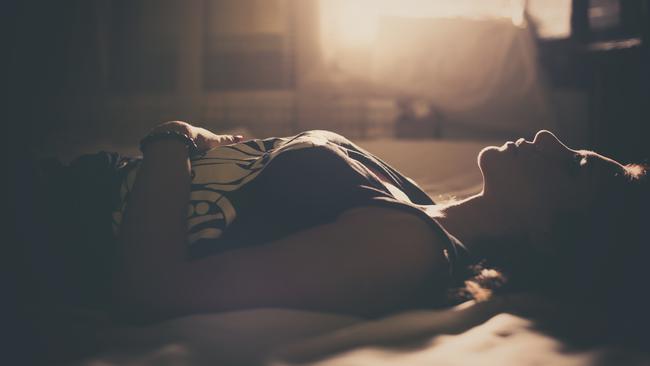
How have you been sleeping? If you are female, there is a greater chance that the answer is “not well”. Insomnia can affect anyone, but research now suggests that women are 58 per cent more likely to experience it than men.
In a recent paper that looked at the sleep gender gap, Dr Xuejie Ding, a researcher at the University of Oxford’s Leverhulme Centre for Demographic Science, found women reported more sleep loss than men during the first two months of the 2020 lockdown, and that even as sleep improved they still slept an average eight minutes a night less than men.
“We speculate that a sudden increase in family duties can lead to shorter sleep duration because we only have 24 hours in a day,” Ding says. “And while our study didn’t look at biological issues, others have shown that hormones play a role in female sleep regulation too.”
It is known that the female hormones oestrogen and progesterone are involved in a variety of processes that regulate sleep, and that fluctuating levels during menstruation, pregnancy and perimenopause can result in sleep problems.
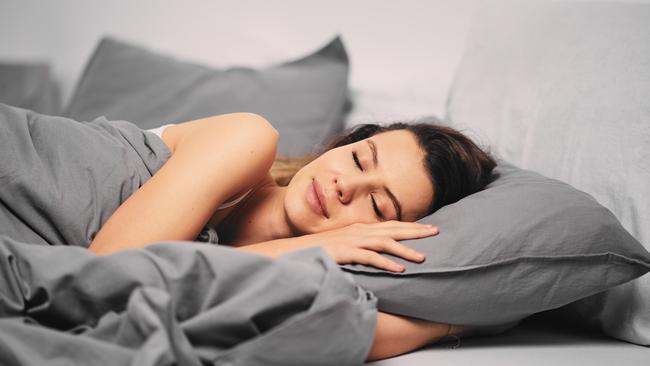
“Many women report two to three days of disrupted sleep during each menstrual cycle,” says Dr Neil Stanley, an independent sleep consultant. “And while oral contraceptives are helpful to some in terms of regulating sleep, in others they can have a negative effect, because they affect body temperature.”
A study by the North American Menopause Society involving 3302 perimenopausal women in their forties found that they were at 1.5 times greater risk of developing chronic insomnia (defined as experiencing symptoms at least three nights a week for at least three months) than younger women.
“Across a woman’s lifetime there are various biological influences that affect sleep in different ways,” Stanley says.
Thankfully, there are lifestyle changes that can help.
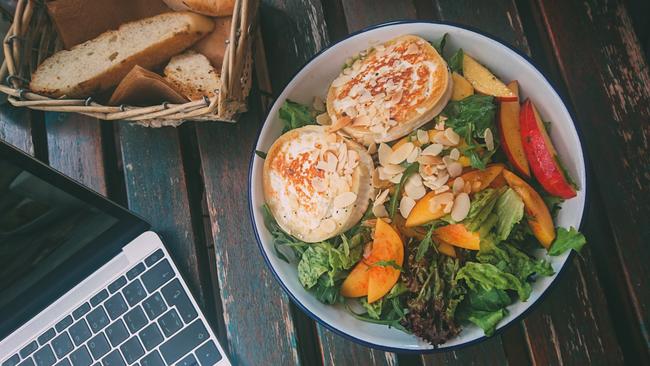
Older women should eat wholegrain bread, nuts and leafy greens
Leafy greens and other vegetables, nuts and wholegrain breads such as rye bread – all foods with a low glycaemic index that are slowly absorbed by the body – are among the best things for women to eat regularly when it comes to reducing their risk of insomnia. This was the conclusion reached by Columbia University researchers who tracked the diets and sleep quality of 77,860 post-menopausal women for a paper in the American Journal of Clinical Nutrition. Women who ate the most low-GI foods were 11 per cent less likely to have insomnia than those who consumed the most high-GI foods, such as ready meals and sugary snacks.
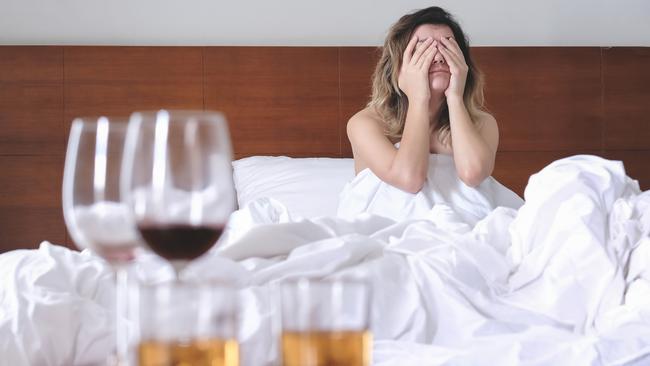
Don’t drink alcohol before bed
It is well known that too much alcohol can cause interrupted sleep, but it is especially true if you’re a woman. Alcohol affects men and women differently – the charity Alcohol Change UK says that even if a woman is the same weight as a man, she will have a higher blood-alcohol level if she drinks the same amount of alcohol. This is partly because women tend to be smaller than men, but also because alcohol is stored in body water, not body fat, and with less body water than men the concentrations quickly become higher in women. All of this can impact sleep. Researchers in behavioural sleep at the University of Michigan found that women in their twenties and thirties who went to bed tipsy slept much less deeply than men with the same blood-alcohol content.
“You’ll feel tired when you have a drink, but it’s deceptive,” Stanley says. “Your sleep will likely be restless because you are getting up to go to the loo.”
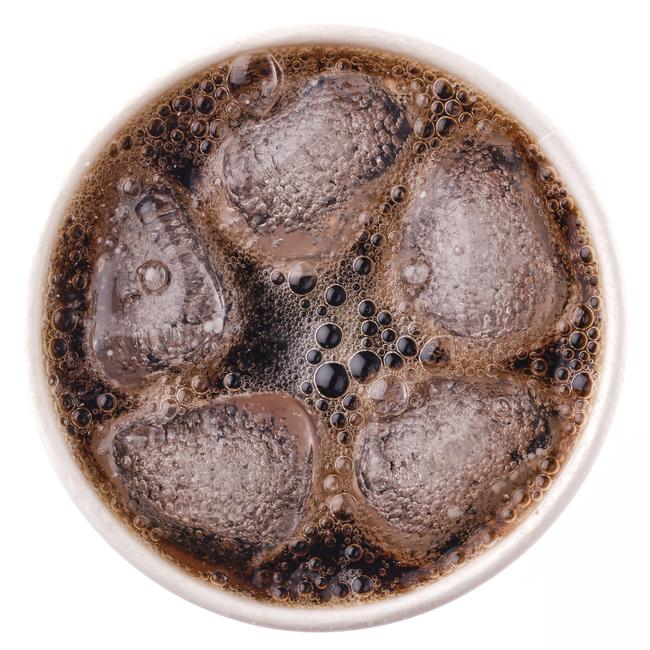
Refined carbohydrates and sugar can trigger insomnia
Just as wholegrain bread and vegetables will help you to sleep, so a diet containing too many refined carbs and too much added sugar will hamper your sleep quality, the Columbia University team found. The more white rice and bread, added sugars, fizzy and sugary drinks consumed by the women in their study, the higher their risk of insomnia.
One reason might be the effect these foods have on blood sugar levels, which rise sharply when refined and sugary foods are consumed, only to drop again when insulin is released. During this process, hormones such as adrenaline and cortisol, which can interfere with sleep, are pumped out by the body.
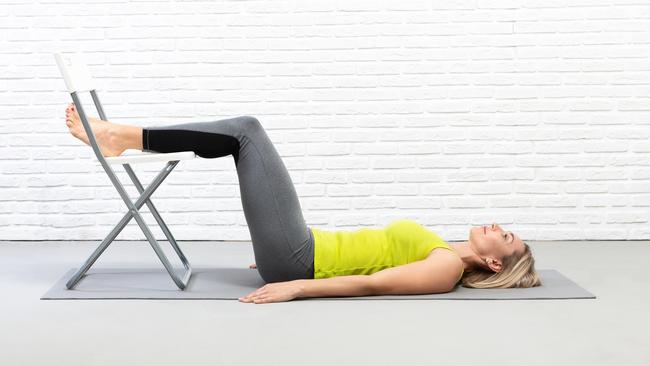
Try yoga in the evening – especially inverted poses
There’s mixed evidence for yoga and its effects on sleep, but in 2020 a review involving 1832 women with sleeping difficulties confirmed that performing even a few yoga postures before bed had a “significant” impact on helping them to drift off and sleep better.
Lexie Williamson, a yoga instructor and the author of Move: Free Your Body Through Stretching Movement, says that simple inversion postures help to drain fluid that accumulates in the body during the day, calming the nervous system. Williamson suggests elevating your legs on a chair for 60 to 180 seconds at the end of the day. “Try lying close to a chair and resting your calves on the seat’s surface so that your legs are at a right angle,” she says.
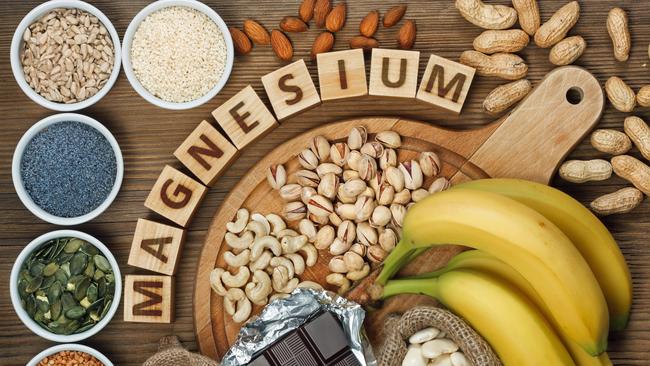
Are you getting enough magnesium?
A large study involving 26,211 adults reported that there was an association between short sleep and low intakes of calcium, magnesium and vitamins A, C, D, E and K in women, but only a lack of vitamin D affected men’s sleep. Studies have shown that long-term use of the contraceptive pill can result in lower levels of folic acid, vitamins B, C and E, and magnesium, selenium and zinc – since many of these nutrients play a significant role in sleep, it is important to replace them in your diet.
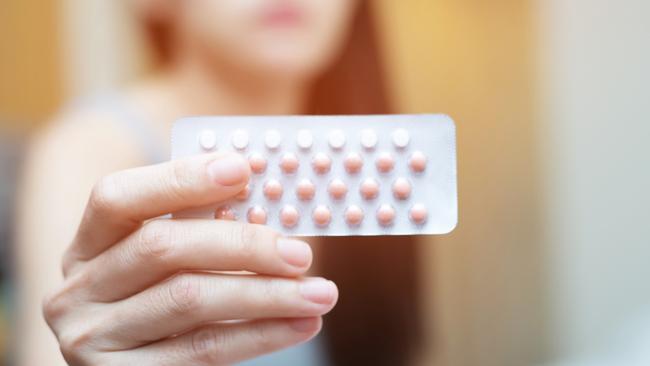
Consider HRT
Research has shown that for many women, hormone-replacement therapy improves sleep. “Talk to your healthcare professional about treatment as correcting hormone imbalance could improve sleep quality,” Dr Louise Newson, a menopause specialist, says. “Adequate levels of oestrogen can make a dramatic difference, and taking micronised progesterone – a natural sedative – as part of your HRT is often helpful for those who have trouble sleeping.”
The Times

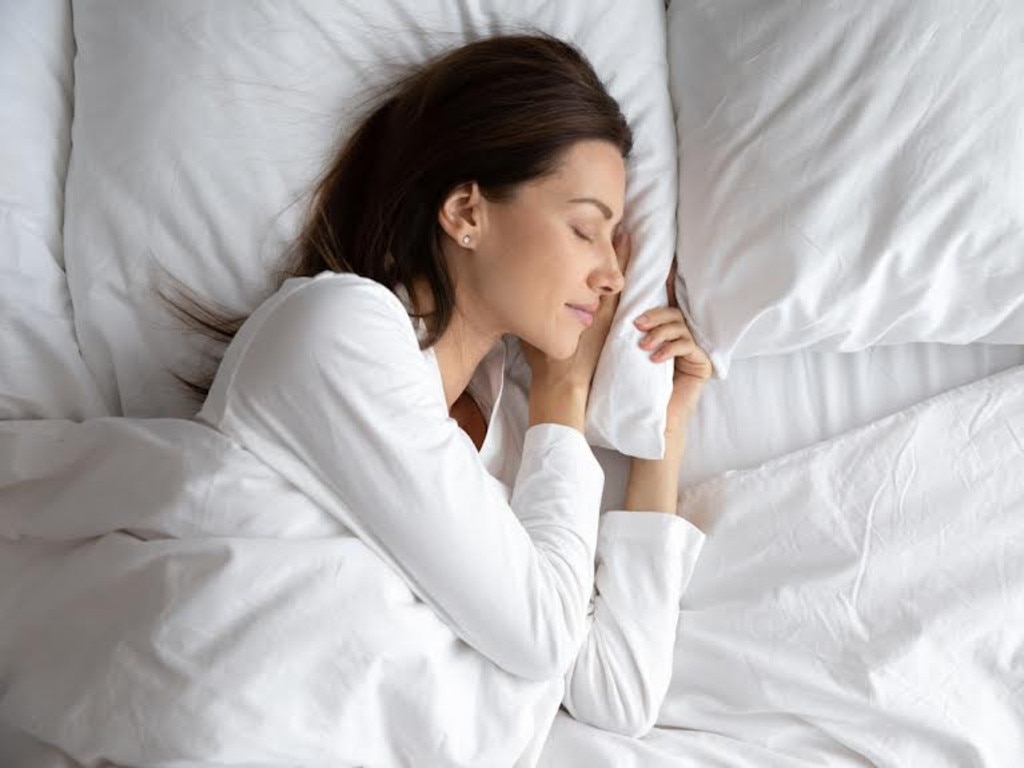


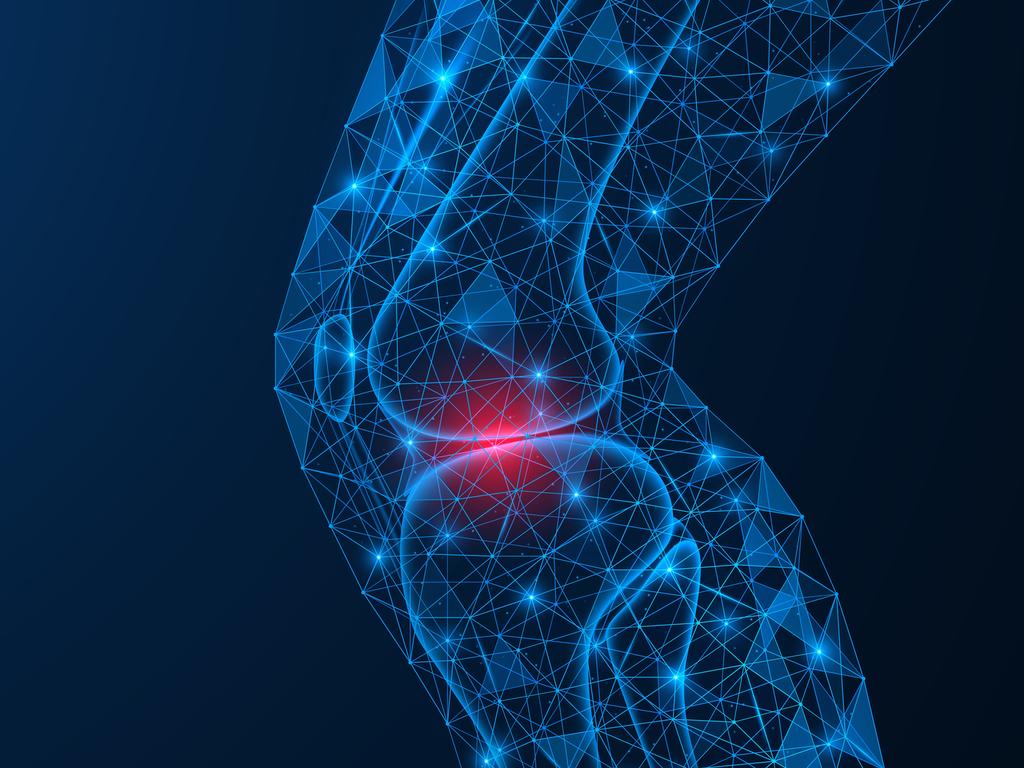


To join the conversation, please log in. Don't have an account? Register
Join the conversation, you are commenting as Logout